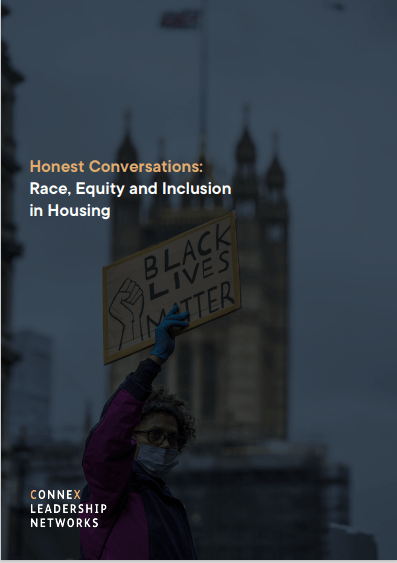As UK Black History Month approaches, many companies will be looking for ways to show their support and solidarity. For many businesses, this often takes the form of promoting awareness of the contributions made by black people throughout history. Their anti-racist credentials are bolstered by sharing black history facts on social media, sharing research projects or putting up posters in the office. While this is a noble gesture, it is simply not enough.
Stats, facts and glossy surveys are meaningless if these values are not being applied in a meaningful way, and across all levels of the organisation – from the boardroom to the frontline. Awareness alone is useless; what we really need is behaviour change.
Time for Change: Actions Not Words
To truly support black employees, businesses need to take a hard look at their policies and procedures and see where they are falling short. They need to listen to the experiences of black employees and make changes that will address the systemic racism that exists within their organisation. This is not an easy task, but it is one that must be undertaken if organisations are serious about promoting equality and inclusion.
The problem with awareness days/weeks is that they promote a tick-box approach which does not lead to lasting change. For example, an organisation might hold a training day on racial awareness for its employees. But what happens when everyone goes back to their normal lives the next day? The training is quickly forgotten about and things go back to the way they were before. In order to effect lasting change, organisations need to do more than just raise awareness – they need to change their behaviour.
So where do you start? By making equity. diversity and inclusion part of an organisation’s DNA, we can start to effect real change. Here are three key areas to focus on:
Recruitment and retention
Black employees are more likely to leave an organisation due to a lack of career progression opportunities. To retain black talent, businesses need to ensure that they are recruiting from a diverse pool of candidates and that their promotion processes are fair and transparent. Organisations should ask themselves these key questions: Are we attracting a diverse range of candidates? Are black candidates being offered the same opportunities as their white counterparts?
Developing black talent
Investing in the development of black employees is essential for businesses that want to retain them. Providing training and mentorship opportunities will help black employees to progress in their careers and feel valued by the organisation. It is also important to create an environment where black employees feel comfortable sharing their ideas and experiences. Questions that organisations can ask themselves include: Are we investing in the development of our black employees? Do black employees feel comfortable sharing their ideas and experiences?
Addressing unconscious bias
This seems a small thing but is actually one of the biggest obstacles to equality in the workplace. Unconscious bias refers to the judgments and assumptions that we make about people based on our own background and experiences; the mental shortcuts that our brain takes when processing information. It can manifest in many ways, from the way that we judge candidates at interviews to the way that we interact with colleagues on a daily basis.
Unconscious bias can lead to microaggressions, which are the everyday slights, insults and put-downs that people from minority groups experience in their everyday lives. These might seem small, but they can have a big impact on an individual’s mental health and well-being.
Many office environments are rife with microaggressions and ignore the needs of employees from minority groups. For example, many offices are not set up to accommodate employees who need to pray during the day or who have special dietary needs. If we want to change behaviour, we need to make sure that everyone feels welcome and respected in the workplace.
Businesses need to educate their employees about unconscious bias and how it can impact the workplace. They also need to put procedures in place to ensure that all employees are treated fairly, regardless of their background or ethnicity. This would go a long way to addressing the behavioural change that is so desperately needed if businesses are to show their support for black employees during Black History Month – and beyond.
Lead by example
Finally, we need to lead by example. If senior managers and company leaders exhibit the kind of behaviours we want to see more of in the workplace, that sets the tone for everyone else. Creating a culture of respect starts at the top and trickles down throughout an organisation.
Don’t get me wrong, Black History Month is a time to celebrate the accomplishments of black people, and this is a laudable aim, but organisations must do more than simply celebrate black history; they must also use this month as an opportunity to address the racism that exists within their own organisation.
Awareness days/weeks might make us feel good in the short term, but they are not enough to effect real change. So let’s stop with the performative actions. If we want to create lasting change, we need to focus on dignity, policies and leading by example. If we want to see real change, we need to focus on behaviour, not just awareness. Education is key to dismantling harmful systems and creating an inclusive environment for all. Let’s use this month as a starting point for real change.





